Borderline Personality Disorder (BPD) is one of the least understood of all mental health disorders. It is also one of the most stigmatized, once being referred to as “the leprosy of mental illness.” Why is that? And what actually is stigma?
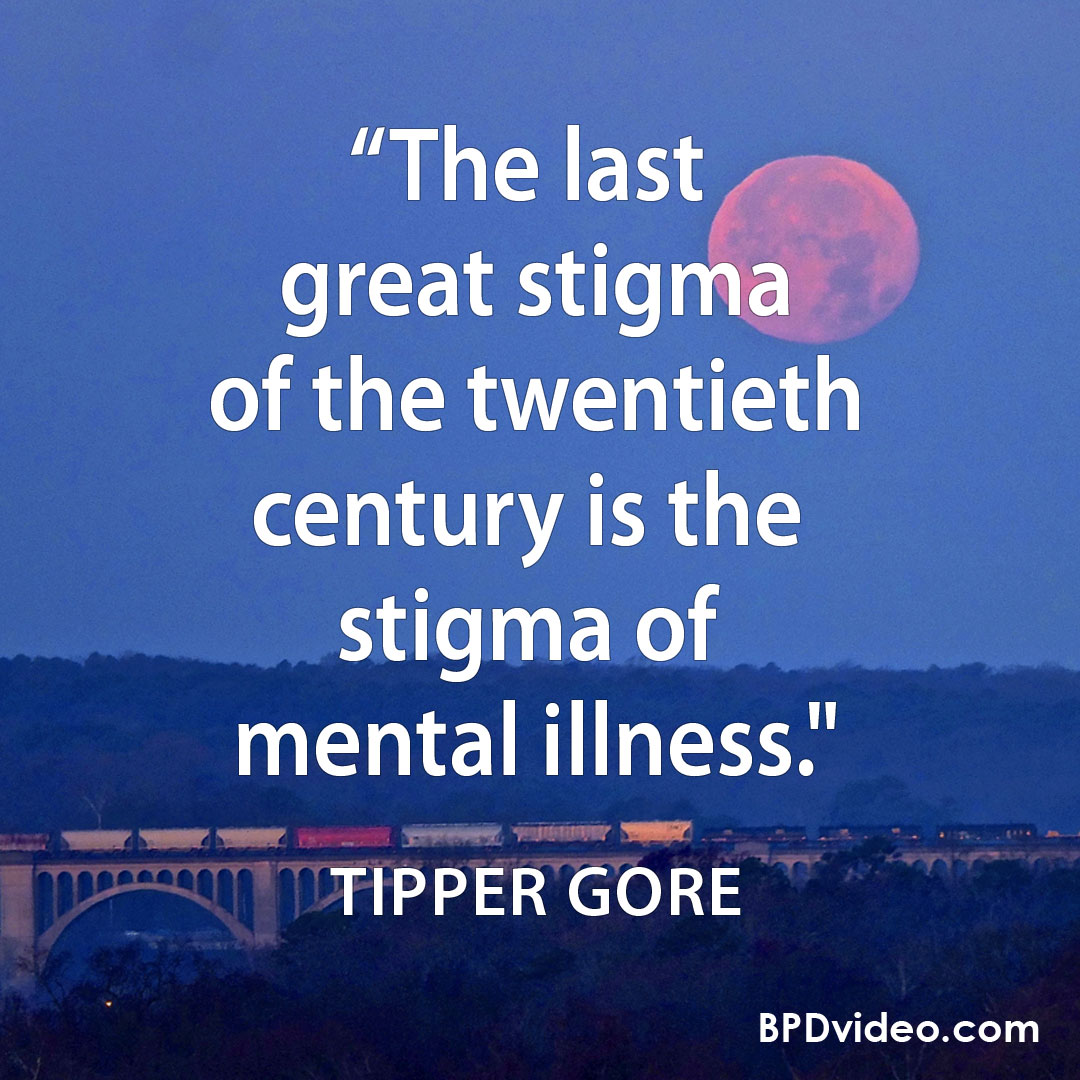
Simply put, stigmas are negative and inaccurate stereotypes about another person. People who have BPD report that the harsh ways other people view them is one of the most difficult barriers they face in attempting to live a full and satisfying life.
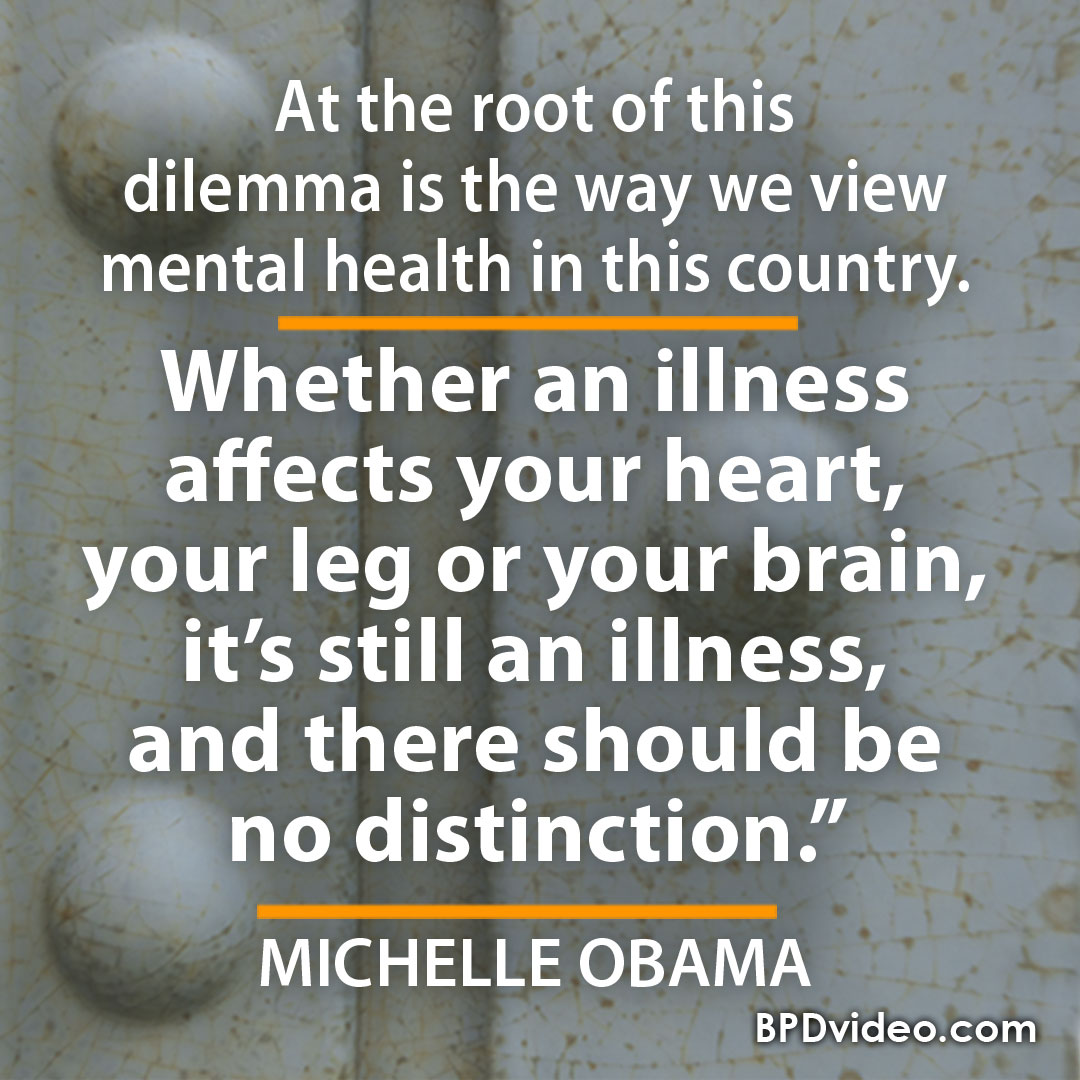
“They are manipulative”, “they are seeking attention”, “they’re not really ill at all.”
Such attitudes are not only deeply hurtful to a person with BPD, they severely lessen the likelihood of recovery and increase the emotional and behavioral difficulties caused by the disorder. And this bias is held not only by the general population, but by many in the mental health profession as well.
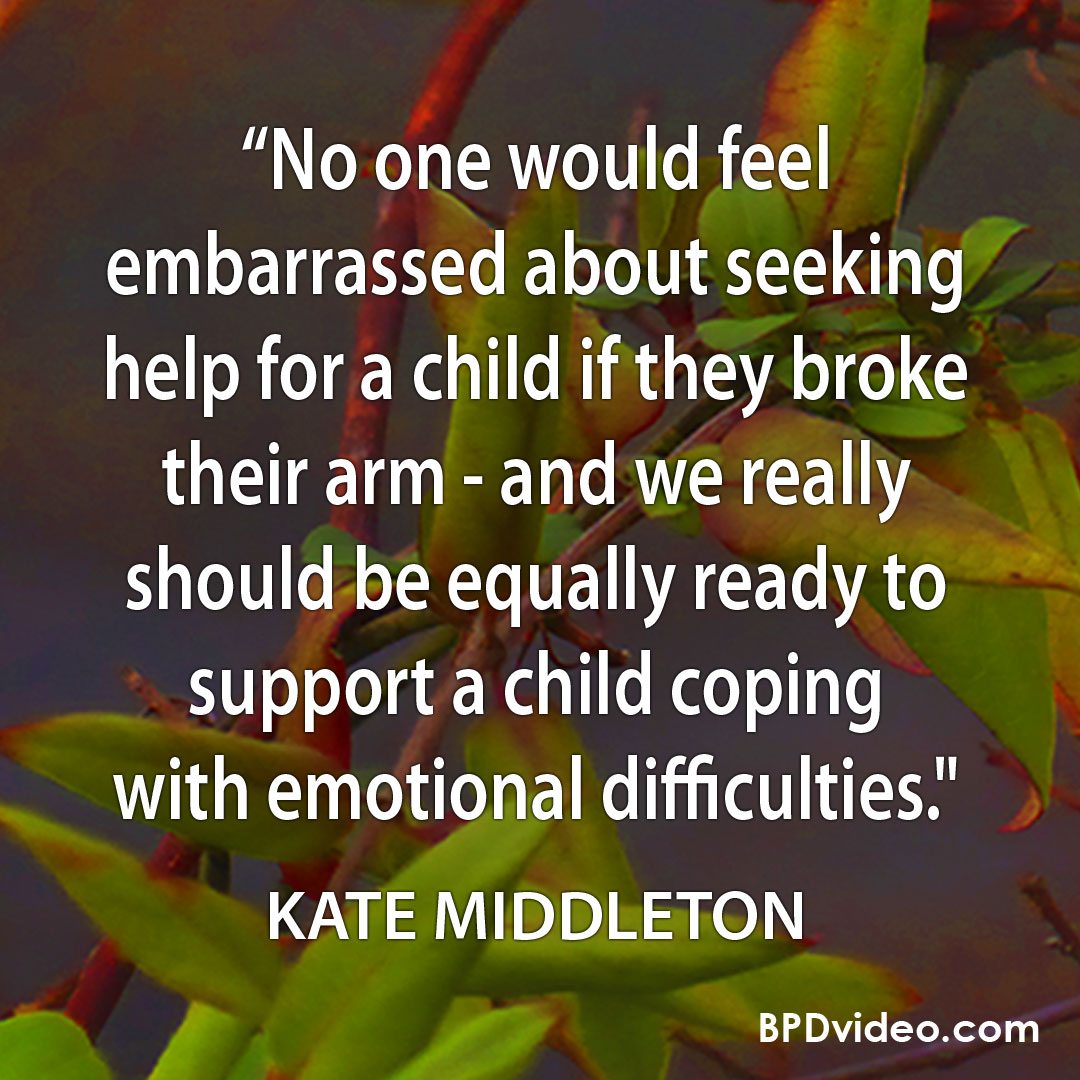
So how can such misleading beliefs be corrected? One key strategy for raising awareness of a widespread public health problem (and BPD is certainly that) is through well-designed educational campaigns designed to spread more accurate and compassionate information about a particular health issue of great concern.
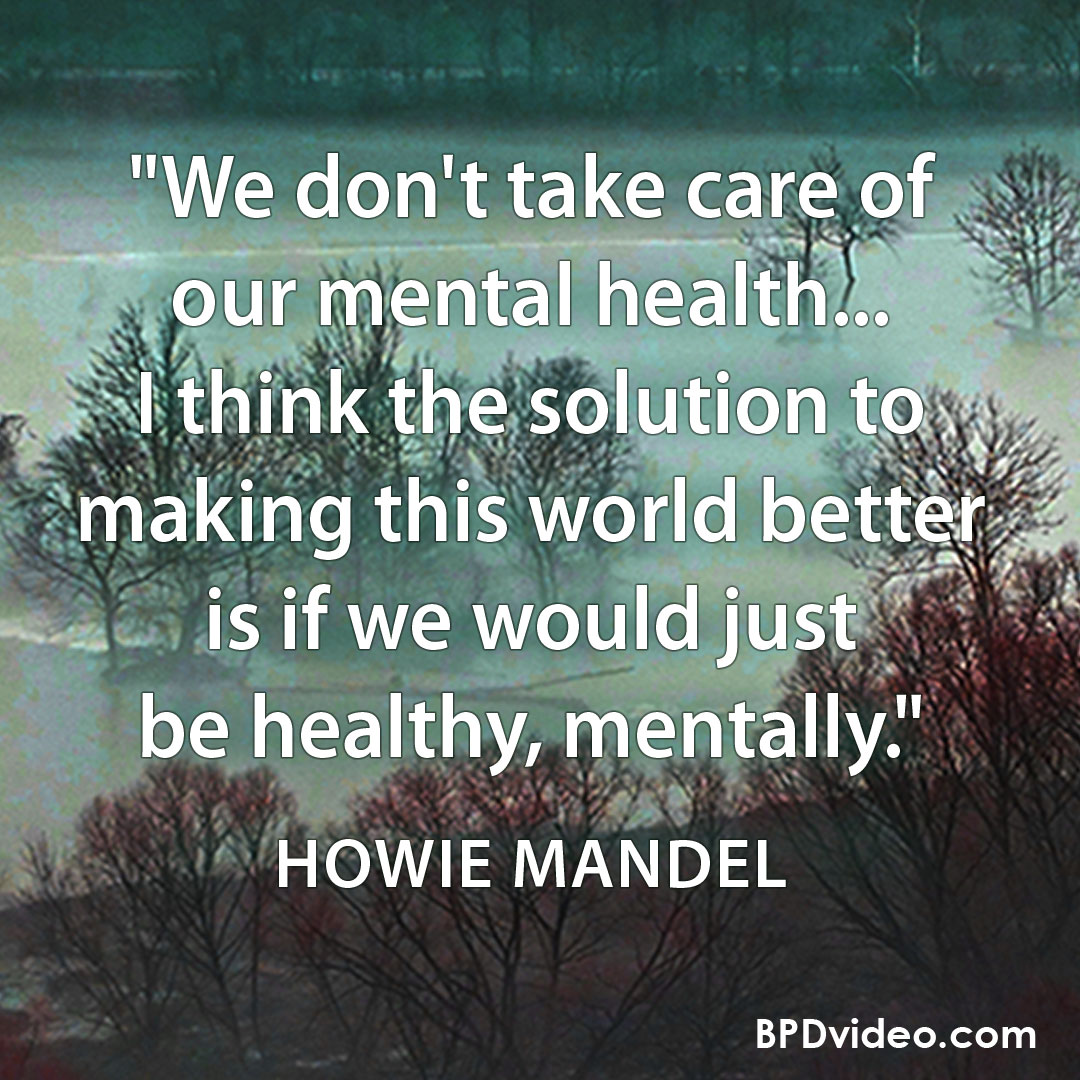
One such campaign is the May is Borderline Personality Disorder Awareness Month, an initiative created by the National Education Alliance for Borderline Personality Disorder (NEABPD) and endorsed by the U.S. House of Representatives in April of 2008 by a unanimous vote of 414 – 0.
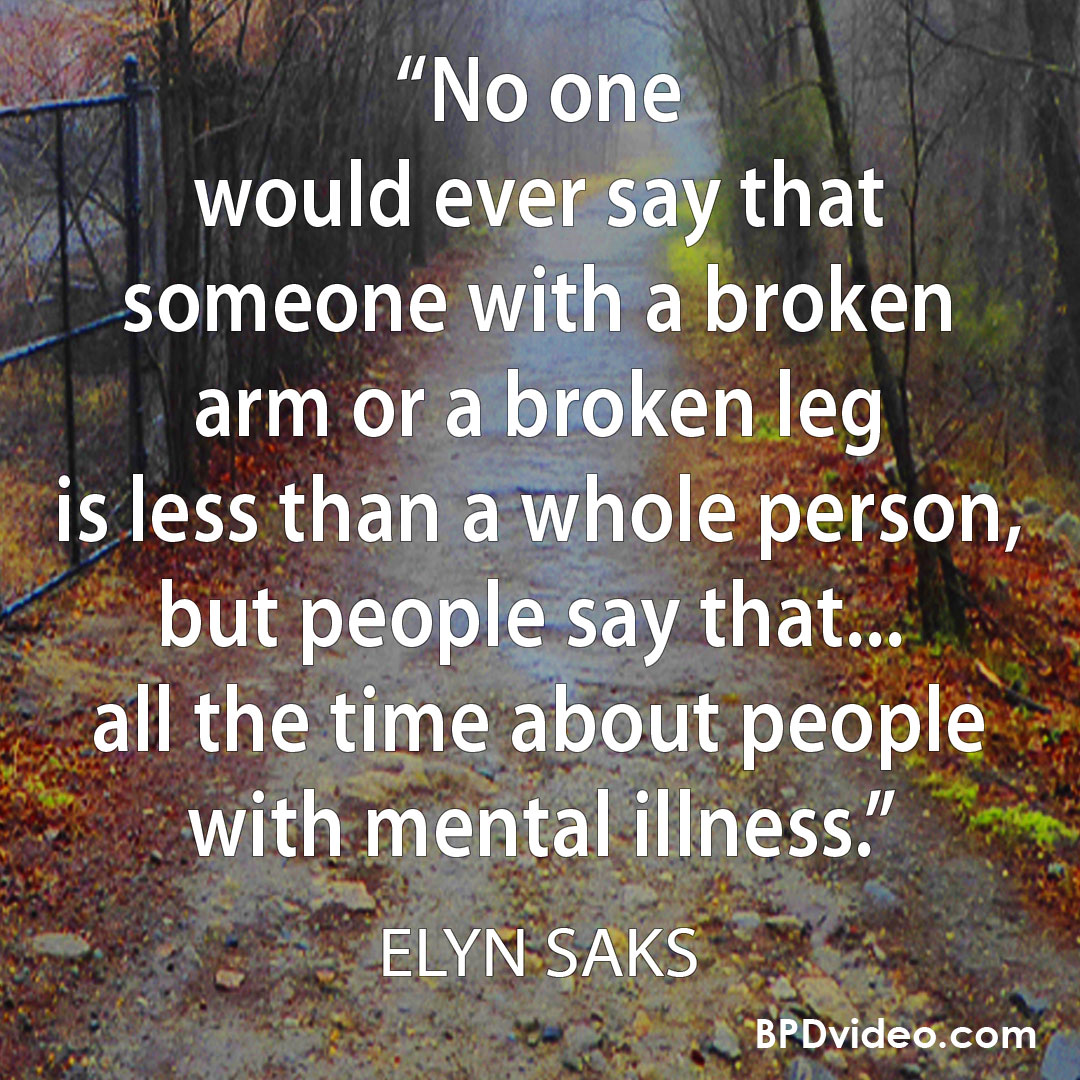
So what can you do? It turns out that one person can have a large impact by relating his or her own story to others. And there’s good research that supports the idea. In 2015, the Center for Mental Health and Addiction Policy Research at Johns Hopkins University hosted an expert forum to evaluate the effectiveness of health policy communication strategies and found that, “communication strategies using personal narratives to engage audiences… can increase the public’s willingness to invest in the treatment system.”
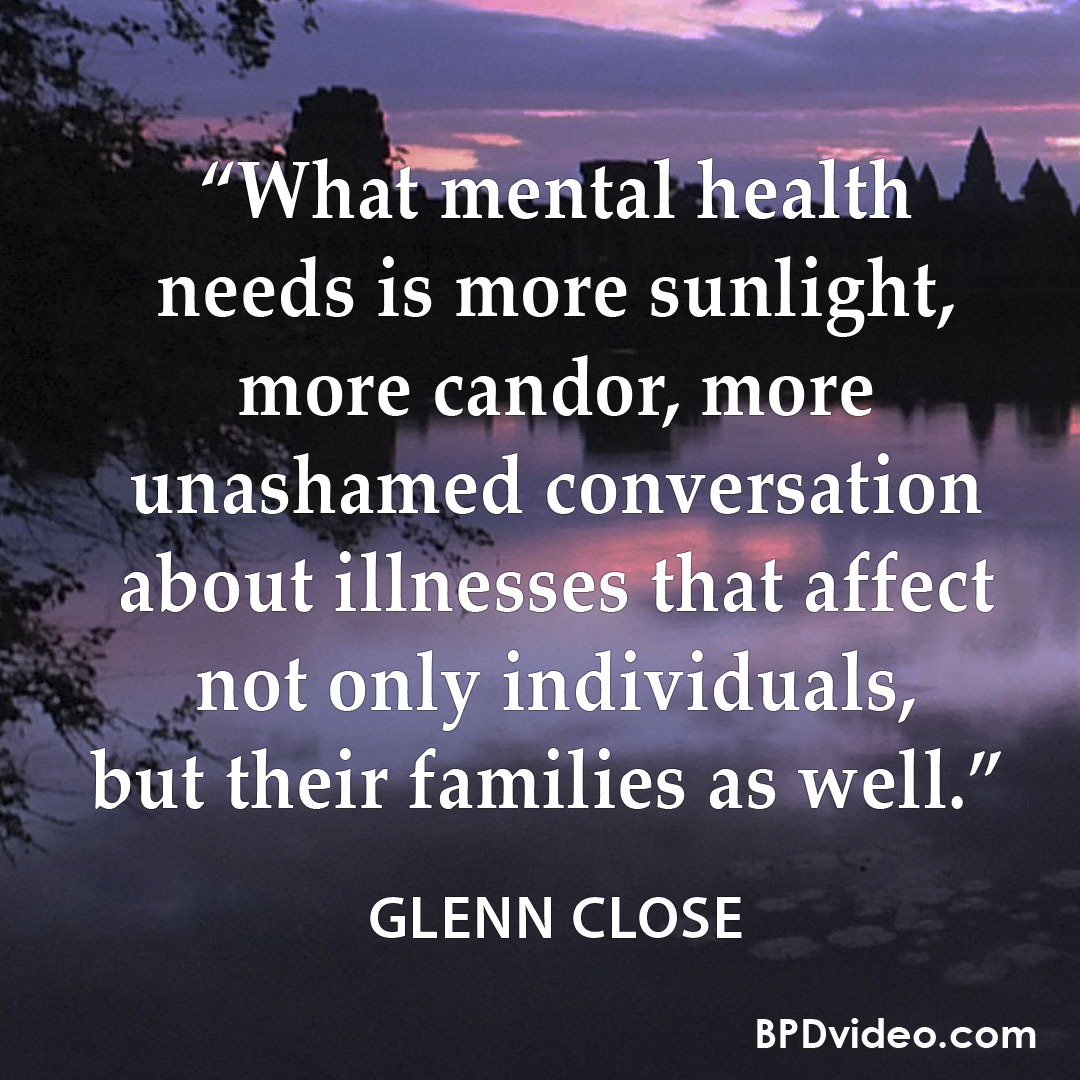
You can help promote the message about stigma and mental health on your social media platforms and in other forums where you feel safe, supported and comfortable talking about your life experiences. And please use the hashtag #BPDAwarenessMonth
Signup for BPD Updates
[wpforms id=”27400″ title=”false” description=”false”]



